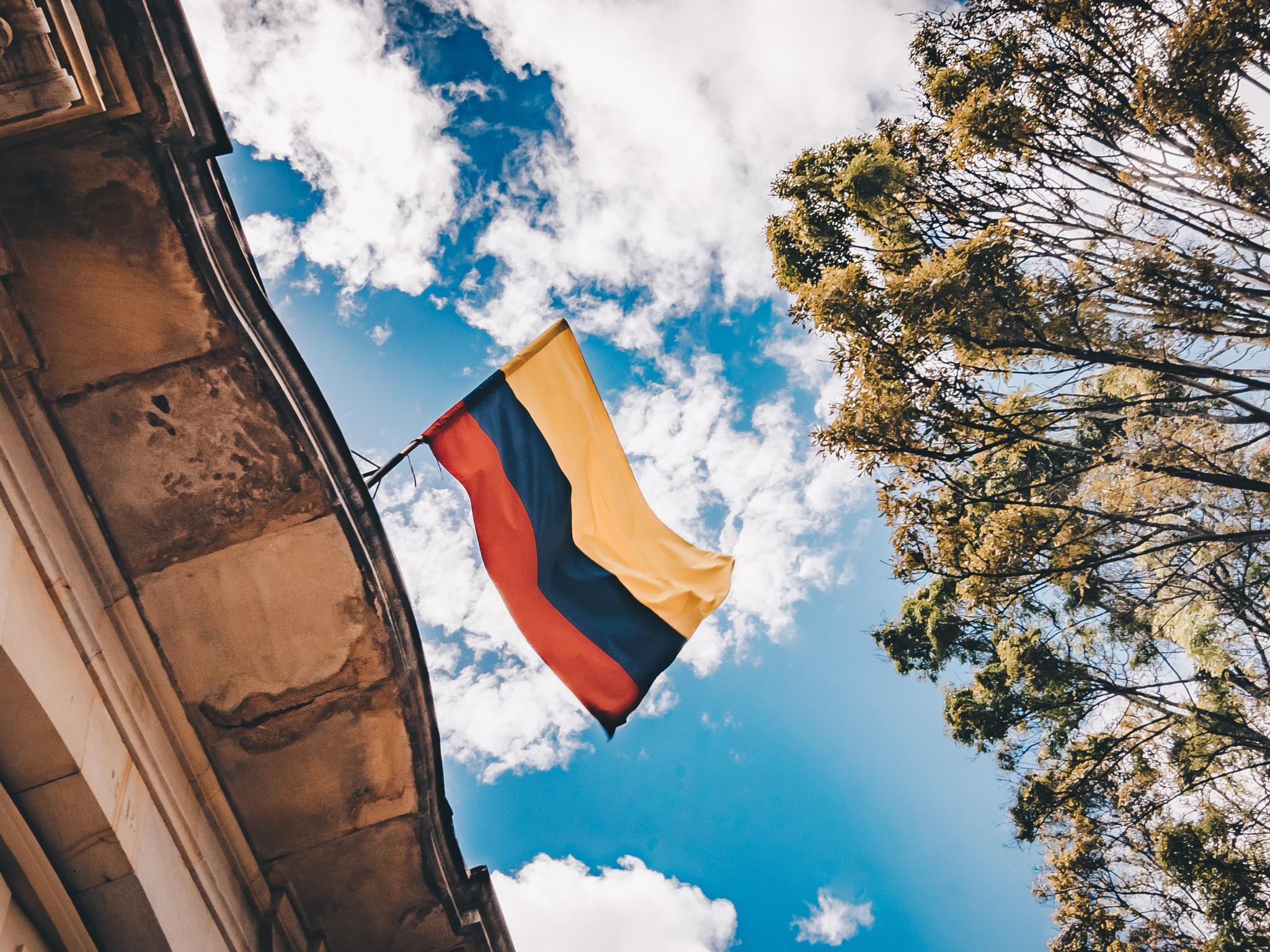
For decades, Colombia has borne the burden of America’s foreign drug policy. The public imagination has long been associated with the legacy of narco-trafficking violence perpetrated by Pablo Escobar, the Medellin cartel, and the Cali Cartel. The history, largely fictionalized, has been immortalized in recent years by Netflix’s hit show, Narcos.
As Narcos depicts, Colombian politicians were often targets for cartel violence as they posed a threat to the big business of international drug trafficking and had their finger on the trigger with respect to the extradition policy. Today, Colombia is charting a new path for reform that may very well serve as a shining example of successful drug policy on the global stage.
In the 1980s, Luis Carlos Galán Sarmiento rose to prominence as Colombian liberal politician and journalist. At the time, the Medellin Cartel led by Pablo Escobar, wielded an enormous amount of coercive power over the country. Though he was unsuccessful, Escobar himself had even tried to become a member of the New Liberalism Movement in a bid to become a member of the Colombian House of Representatives.
On two occasions, Galán ran for President declaring himself an enemy of the drug cartels and their influence in Colombian politics. He personally denounced Pablo Escobar and was in favor of an extradition treaty with the United States - a symbolic war cry against the cartels. Galán looked to be the forerunner in the 1990 presidential election. On August 18th, 1989, he was killed. While the investigation into his assassination remains unsolved - though certainly a result of his anti-cartel stance - his legacy lives on through his son, Juan Manuel Galán Pachón.
The same year his father was assassinated, Juan Manuel Galán Pachón graduated from the Instituto Pedagógico Nacional in Bogotá. Afterwards, his family relocated to France. In 1997, he graduated with a Master of International Affairs from the École des Hautes Études Internationales and published a thesis entitled “New Liberalism: Or the New Way of Doing Politics in Colombia.” He returned to Colombia the same year and picked up the mantle of politics left by his father.
From 2006, Juan Manuel Galán Pachón had served as Senator of Colombia as a member of the Liberal party. And he is presently a candidate for his country’s presidency in a crowded field of candidates.

Left to right: Patrick McCartan, Marcela Huertas, Lorena Beltran, Juan Manuel Galán Pachón, Robert Hoban, and Geoff Trotter. ROBERT HOBAN
Galán is a strong supporter of drug legalization. He has openly called for a public debate on the issues of universal drug decriminalization and legalization. His position comes as a result of the failure of the War on Drugs. I have had the chance to work with Galán and have come away quite impressed, as he was the author of Law 1566 of 2012, which made psychoactive drug use, abuse, and addiction a public health issue, and mandated that it be treated as a disease. This would effectively place drug treatment under the existent publicly funded health care system. He has been an extremely influential figure in Colombia’s progressive cannabis legalization scheme in numerous ways.
We had the chance to get together recently in Cartagena, and we discussed Colombia’s place in the global cannabis economy. A bit of history is helpful here. After all, it was only in 2012 that Uruguay announced it would be the first country in the world to legalize recreational cannabis use. In large part, the move was aimed at replacing links between organized crime and the cannabis trade with more accountable government regulation. Later that same year, voters in the states of Washington and Colorado became the first in the United States to support legalization of the drug for non-medical use. These were the first steps in the creation of the global regulated cannabis economy.
Back in the 1980s, Colombia began its path toward cannabis legalization, and now has one of the most advanced cannabis regulatory systems on the planet – thanks, in part, to Galan for his leadership on the issue. In 2012, the Colombian government officially decriminalized the possession of up to twenty grams of cannabis. Then in 2015, the Colombian Supreme Court ruled that cultivation of up to twenty cannabis plants was allowed. The evolution of these laws and policies through legislation and court proceedings symbolizes the great movement toward the global cannabis economy that we witness today. It demonstrates that things can change greatly through legal processes. Stay tuned for Part II to uncover what propelled Colombia into the global cannabis market.
This article was originally published on Forbes and appears here with permission.







